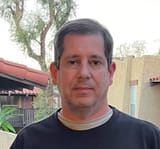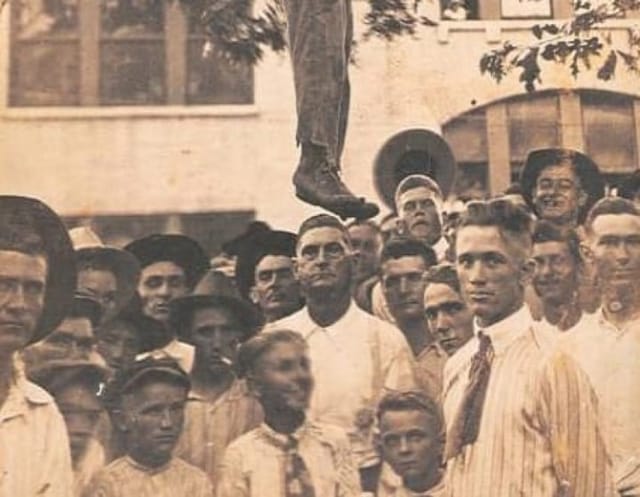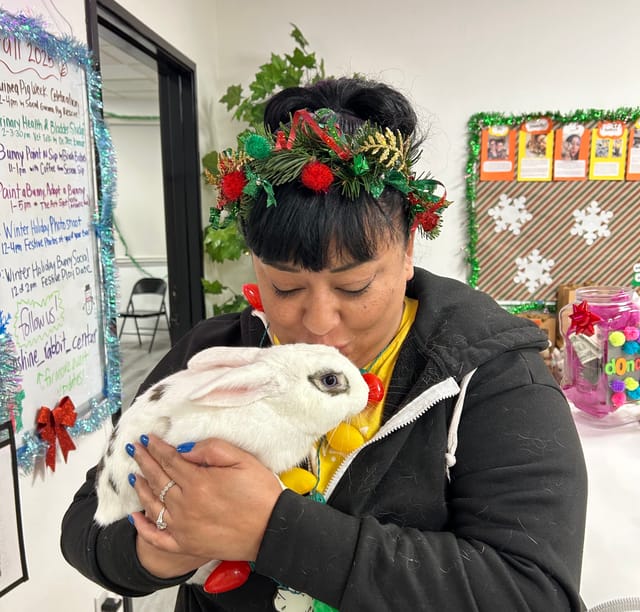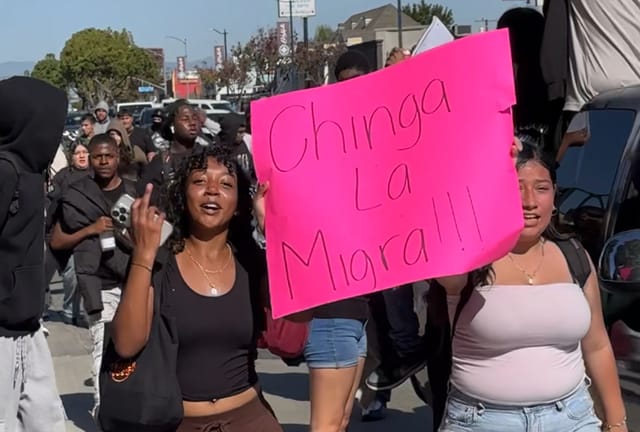Column: I went through the late Sen. Jenny Oropeza’s things, and you should, too
A new Historical Society of Long Beach exhibit reminds us what elected officials are supposed to do.
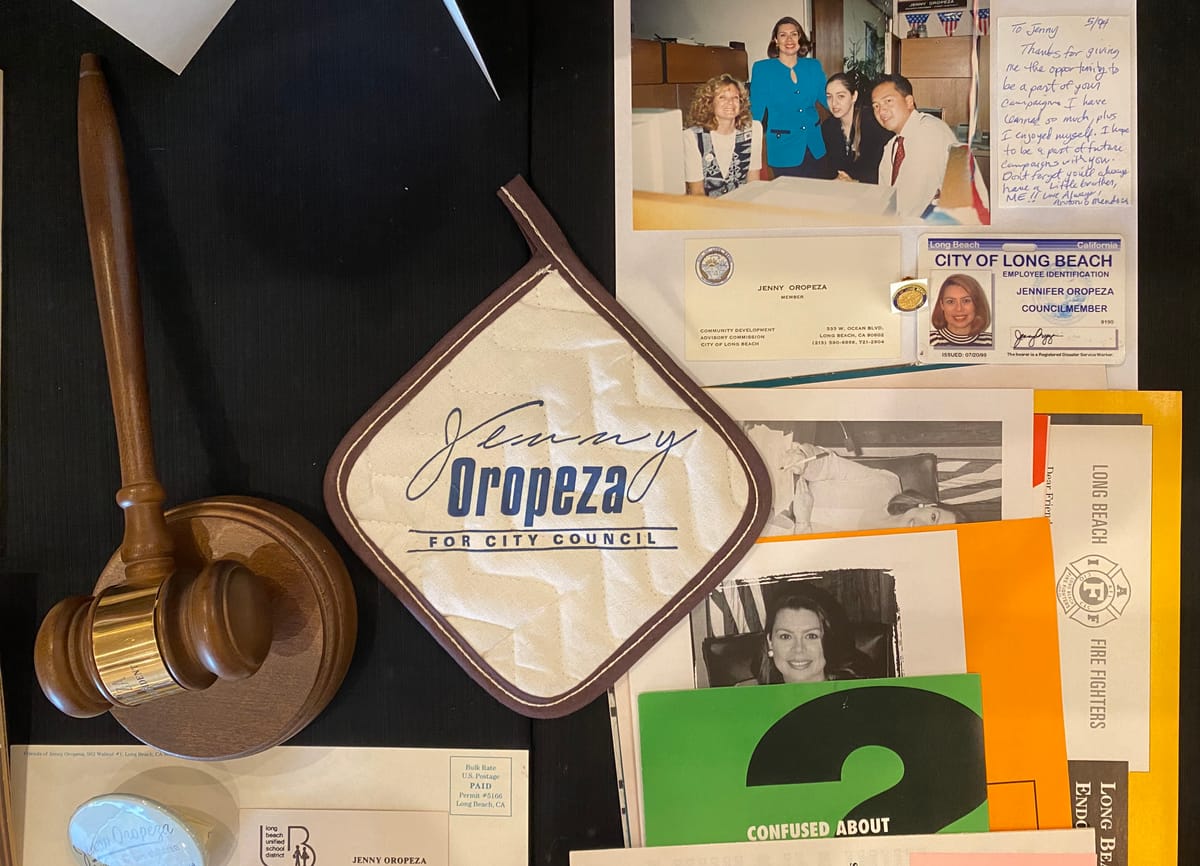
In August 2010, I was a reporter in Sacramento, covering the Legislature for a libertarian think tank’s newsroom that focused on state government. There were rumors floating around the capitol that the Senate leadership needed all the votes they could muster, even if it meant bringing Senator Jenny Oropeza, D–Long Beach, back to town.
At the time, all I knew was that the 28th District's representative was suffering from some kind of medical issue. Ray Sotero, her press aide, had denied that her liver cancer, diagnosed in 2004, had returned, but it was clear something was seriously wrong. In fact, she was suffering from a painful blood clot in her abdomen and, on Oct. 20 of that year, she died as a result.
Though I never interviewed her, I was often in her office, looking at mementos in her waiting room while waiting to talk to her staffers. For a reporter, covering a legislature is one of the easiest assignments out there: you just roam the halls, going from office to office, asking press aides and other staffers for updates and quotes on the latest bills and such.
Maybe it was because she was from Southern California, like me. Or maybe it was because her staff was more helpful than most. But for whatever reason, her office was the one I visited the most. Even after she died, and Sotero was the last staffer left at the office, answering constituent calls to the best of his ability until a special election could be held for Oropeza's successor, I still found time to visit and catch up.
Oropeza, who sat on the Long Beach Unified Board of Education, City Council and state Assembly before she represented a wide swath of the South Bay in the state Senate, was 53 when she died — the same age I am now. I kept thinking about that when I walked through the Historical Society of Long Beach’s new exhibit.
Titled "Discovering Jenny: The Personal Collection of a State Senator," the exhibit is exactly that: a gathering of items she collected during her 22 years of public service. Laid out in multiple display cases are the typical knickknacks, tchotchkes and mementos that most public official get during their terms of office, as well as a smattering of her official papers and a large array of campaign merchandise and signs, including a rare one from her failed run at the 37th Congressional District in a 2007 special election.

For about a dozen years, all this stuff just sat in cardboard boxes in a garage of her Westside home, according to HSLB officials. After her husband Tom Mullins died in 2023, Oropeza's family donated the boxes to the Historical Society. With the assistance of Long Beach Harbor Commissioner Sharon Weissman, a longtime friend and former chief of staff to Oropeza, the society was able to organize and catalog the items.
"Jenny's life can be found in a hundred places," read the program (on display in the exhibit) for her celebration of life, held shortly after her death. "Cesar E. Chavez Park in Long Beach is the embodiment of her passion. She championed the green space in a park-poor section of the city. And her legacy lives in the children at play, the families enjoying a picnic in the park or seniors playing bingo in the community center."
It's a fitting tribute that, today, that community center is named for Oropeza. Her name also now adorns a Long Beach elementary school and a scholarship at Cal State Long Beach, among other things.
Oropeza was a lifelong Democrat, of course, but she was also a true "small d" democrat. Throughout her career in public service, she unquestionably focused on all her constituents, seeking to improve their health, opportunities and lives.
Born in Montebello in 1957, she was the oldest of three kids. "Poverty, alcoholism, and divorce brought periods of hardship to the family" is how the HSLB describes her youth.
A business administration major at Cal State Long Beach, Oropeza was the first Latina elected Associated Students, Inc. president (she was also the first student elected twice to the job), and was the first Latina student member appointed to the CSU Board of Trustees, according to the HSLB.
Oropeza's exited college during the early years of Ronald Reagan's presidency. Just as she was entering politics, the extremely conservative Reagan administration was hacking away at affirmative action, anti-poverty programs and gay rights with a vengeance. For her entire political career, Oropeza focused on that which Reagan had set out to destroy.
By 1986, Long Beach's First District was 86% Latino, according to the HSLB, and Oropeza took at shot at becoming the first Latino member of the City Council. She lost, but two years later won a seat on the Long Beach Unified School District Board of Education, becoming the first Latino to join that body.
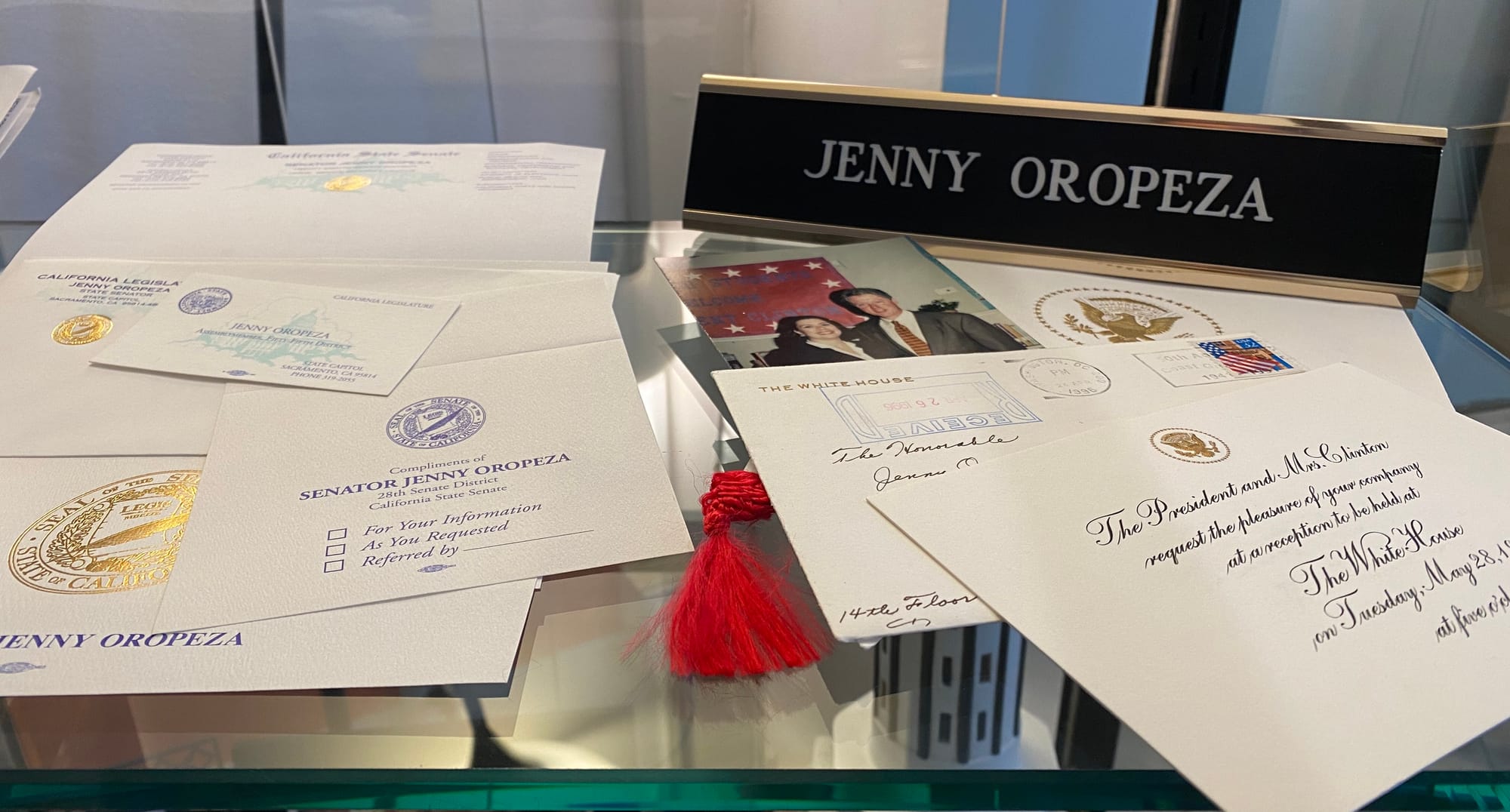
In 1994, she ran once again for the City Council, this time winning. Though nearly a decade had passed since she first ran, she was still the first Latino to join the Long Beach City Council. She ultimately spent six years there, pushing for Downtown revitalization and, of course, her beloved Cesar E. Chavez Park.
On Saturday, Nov. 6, 1999, after years of effort to add public, recreational space to her notoriously park-poor district, the park finally became a reality. In fact, it was the "first new public park to open in Long Beach in nearly a quarter century," according to a press release from Oropeza's office on display in the exhibit, along with other bits from that storied day, including the shovel Oropeza had wielded during the official groundbreaking nearly a year prior.
Oropeza spent the next decade in the state Legislature: six years in the Assembly, following by another four in the Senate.
In Sacramento, Oropeza was responsible for legislation that sought to reduce patient exposure to radiation during medical x-rays and banned people from smoking in cars when children were present, according to the Memorial Resolution adopted by the state senate following her death. She also pushed to regulate massage therapists in the state, sought greater fines for those convicted of elder abuse, helped improve public notice of safety violations involving mammograms and moved to restrict school bus idling near schools.
Her work made her very popular with her constituents, and though her death had occurred a few days before the 2010 election, she still overwhelmingly won reelection with nearly 60% of the vote.
Of course, Oropeza wasn't a flawless legislator, though you won't see any of that in the HSLB exhibit. Her decision to name Cesar E. Chavez Park after the famous labor organizer was actually controversial at the time, with some residents saying she was moving without proper community consultation, according to the LA Times. And during her unsuccessful bid for Congress in 2007, fellow Democrat Laura Richardson (who ultimately won the race) charged that the $400,000 in spending Native American casinos made on behalf of Oropeza's campaign fit "right into Washington's culture of corruption," according to Politico.
Still, the value of the Jenny Oropeza exhibit is incredible. Allowing the public to see these papers, photos and mementos, typically only viewed and examined by politicos and reporters like me, humanizes a public official. Everything on display did ultimately belong to the public, and it's only right that these things are available to all.
That's called accountability, a quality in leadership we should demand from all our public officials.
The Jenny Oropeza exhibit is free and will be on display at the Historical Society of Long Beach (4260 Atlantic Ave.) through Aug. 1. Click here for hours and more information.
Editor's note: Sharon Weissman's name was misspelled in an earlier version of this story.
We need your support.
Subcribe to the Watchdog today.
The Long Beach Watchdog is owned by journalists, and paid for by readers like you. If independent, local reporting like the story you just read is important to you, support our work by becoming a subscriber.

